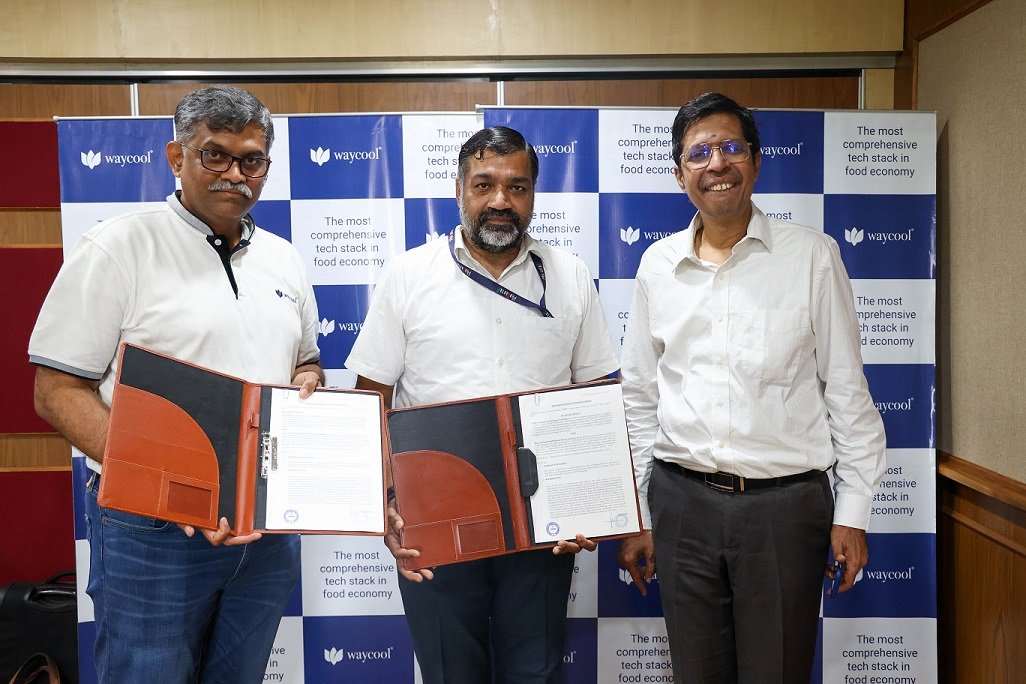ELOXIRAS, which is based on electrochemical oxidation, is an innovative process for the treatment and reutilisation of marine and brackish water
MMC First Process and APRIA Systems have entered into a strategic partnership to offer solutions for good and reliable water quality in the aquaculture industry. The aim of this partnership is to introduce a new solution to the market that solves one of the key challenges with RAS systems with variations in water quality.
The agreement brings together MMC First Process’s unique competence and track record in fish handling solutions, and APRIA Systems’ exhaustive knowledge in water treatment and their cutting-edge water treatment solution ELOXIRAS.
ELOXIRAS, which is based on electrochemical oxidation, is an innovative process for the treatment and reutilisation of marine and brackish water. It has been developed to improve the productivity, profitability, efficiency, and environmental impact of marine RAS systems.
ELOXIRAS removes nitrogen compounds (including ammonia, nitrites, and nitrates) and organic matter while simultaneously providing in-situ disinfection in one single stage. The farmers and fish handling operators are offered a predictable and stable water quality for the fish, giving a competitive alternative to the industry for increased fish welfare and reduced environmental impact, explains Pedro Gomez, CEO of Apria Systems.
-ELOXIRAS clearly has the potential to be a game changer in the aquaculture industry, says Eivind Vinje, VP of R&D in MMC First Process, and continues; we were very impressed with APRIA Systems and the extent of R&D, testing and verification that has been done during development and commercialization of ELOXIRAS. The solution is applicable to a wide array of RAS systems, ranging from live fish carriers operating in closed circulation over large distances, to land-based post-smolt facilities and holding tanks. The benefits are extensive compared to traditional methods, so we are very excited to bring this unique solution to our customers. It is a perfect extension to our existing water treatment products, such as the efficient CO2 degasser and oxygenation system, because we can now remove ammonia and provide a complete water treatment solution, Vinje concludes.
ELOXIRAS is a one-of-a-kind solution for fish welfare. The turnkey solution will provide significant advantages to customers to ensure water quality independently of water temperature, sudden changes in biomass densities, short-time operations or water exchange limitations. We believe these are key features contributing to our customers’ competitive position in the aquaculture market” says Pedro Gomez
ELOXIRAS, which is based on electrochemical oxidation,














